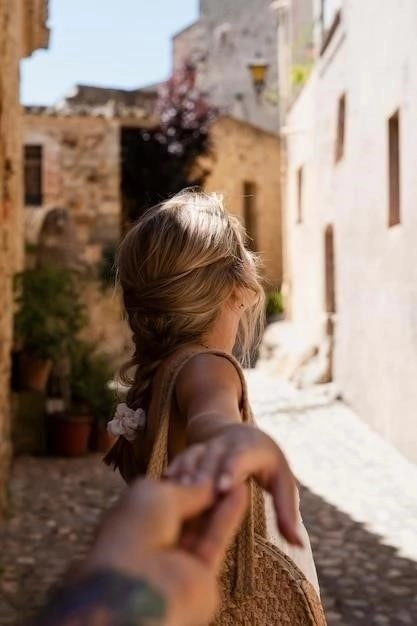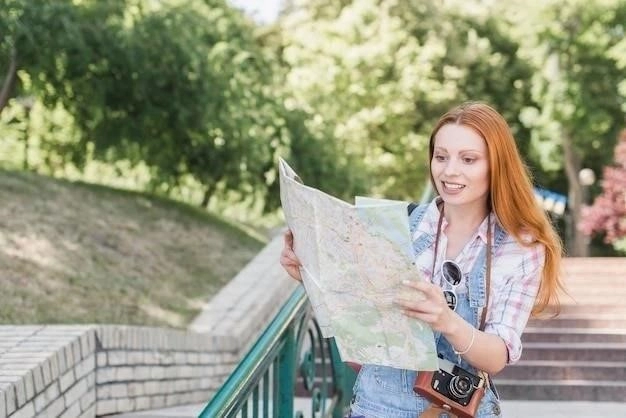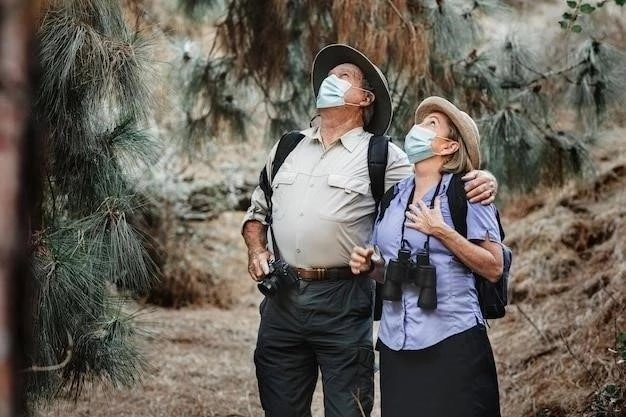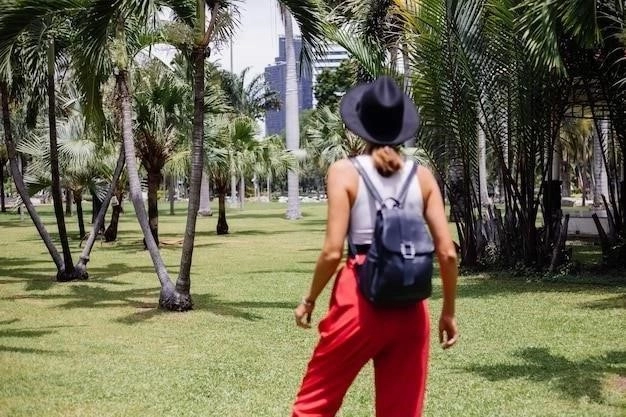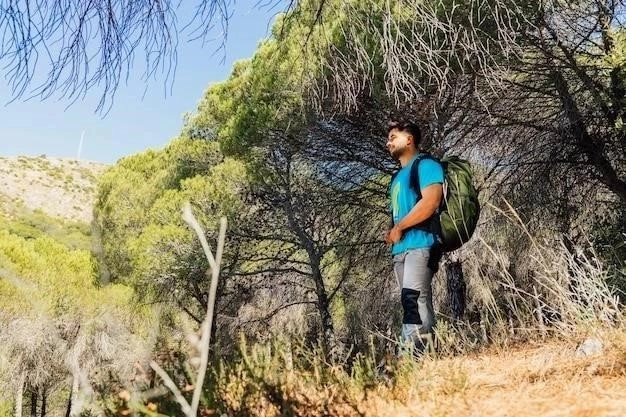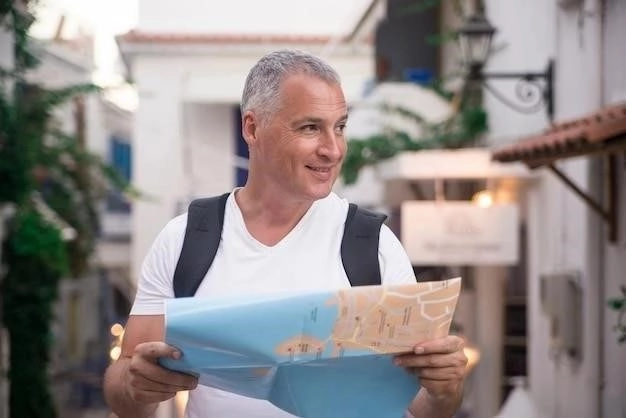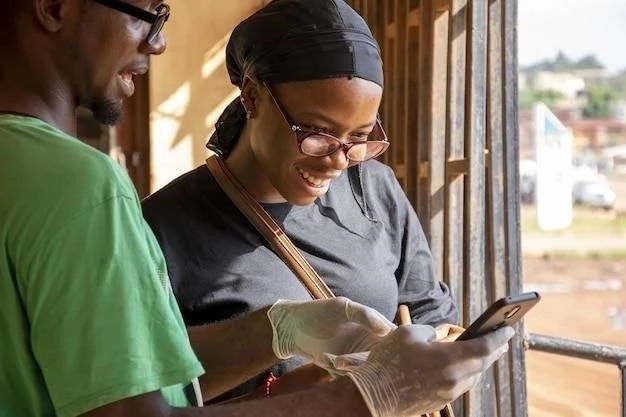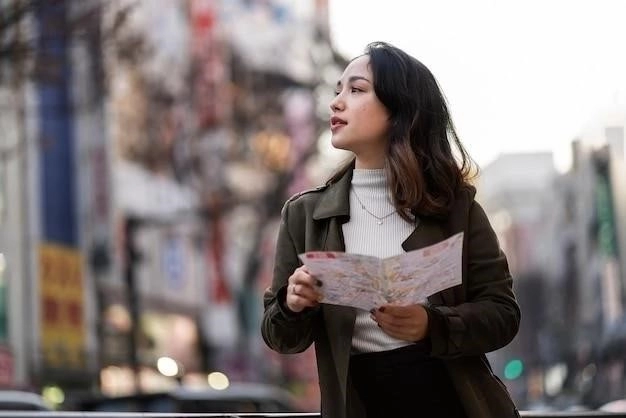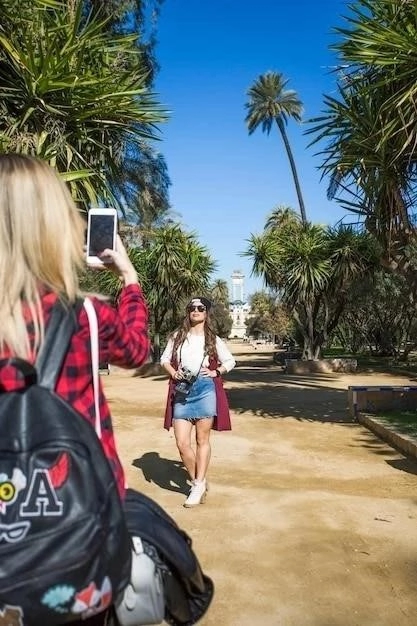
Nestled on the West African coast, Liberia beckons with untouched beauty and a rich cultural tapestry. While navigating its recovering tourism infrastructure requires effort, intrepid travelers are rewarded with authentic experiences. Explore Liberia’s vibrant capital, Monrovia, trek through lush rainforests, and discover pristine beaches. This guide provides essential information for planning your Liberian adventure.
Visa Requirements and Passport Information
Before embarking on your journey to Liberia, it’s crucial to ensure you meet the necessary entry requirements. These regulations are subject to change, so always verify the latest information with the nearest Liberian embassy or consulate well in advance of your travel date.
Passport Validity:
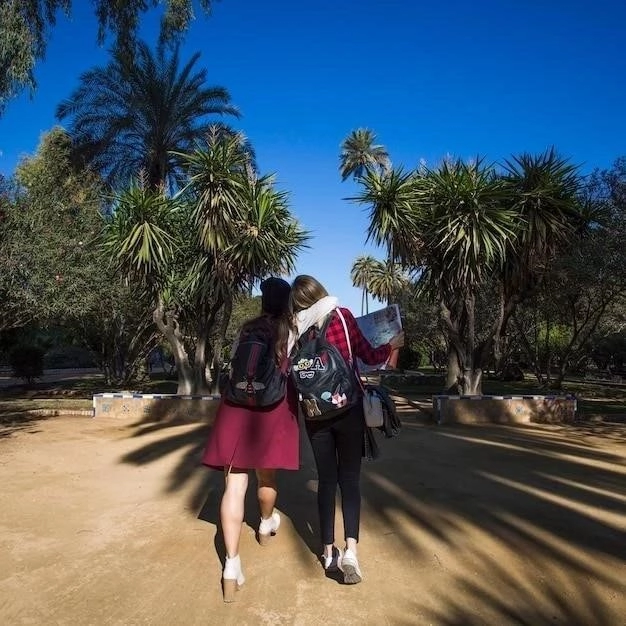
Your passport must be valid for at least six months beyond your intended stay in Liberia. Ensure you have at least two blank visa pages available for entry stamps.
Visa Requirements:
Most foreign nationals are required to obtain a visa to enter Liberia. Visas can be obtained from Liberian embassies or consulates in your home country or country of residence. You may also be able to obtain a visa upon arrival at Roberts International Airport (ROB), depending on your nationality. However, it’s highly recommended to secure your visa in advance to avoid potential complications.
Visa Application Process:
Generally, visa applications require the following:
- A completed visa application form.
- Your passport with the required validity.
- Recent passport-sized photographs.
- Proof of travel itinerary (round-trip flight tickets and accommodation bookings).
- Evidence of sufficient funds to cover your stay.
- A Yellow Fever vaccination certificate.
Visa Fees and Processing Time:
Visa fees vary depending on your nationality and the type of visa required. Processing times can also vary, so it’s advisable to apply well in advance.
Additional Information:
- Contact the nearest Liberian embassy or consulate for specific visa requirements and application procedures applicable to your nationality.
- It’s recommended to have copies of all important documents, including your passport, visa, and travel insurance, readily available and stored separately from the originals.
Getting Around Liberia
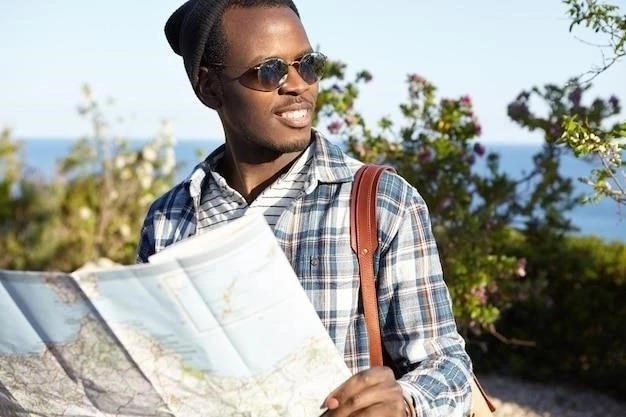
Navigating Liberia’s transportation network requires careful planning and flexibility. While the country is working towards improving its infrastructure, road conditions and transportation options can be challenging, particularly outside urban centers.
Air Travel:
Roberts International Airport (ROB), located approximately 60 kilometers southeast of Monrovia, serves as Liberia’s primary international gateway. Domestic flights connecting major cities, such as Robertsport and Greenville, are limited. Consider chartered flights for greater flexibility when traveling to remote areas.
Road Travel:
Road conditions in Liberia can be challenging, with many routes unpaved and prone to deterioration during the rainy season (May to October). Exercise caution and consider hiring a reputable driver or joining organized tours for road journeys.
Taxis:
Taxis are readily available in Monrovia and other major cities. Negotiate fares before commencing your journey, as most taxis are not metered. Shared taxis, known as “keh-kehs” or “pen-pens,” offer a more affordable option for shorter distances.
Private Cars:
Renting a private car offers greater flexibility but is generally recommended for experienced drivers familiar with local road conditions. Consider hiring a car with a driver for a more comfortable and secure experience.
Public Transportation:
Minibuses, often referred to as “Poda-Poda” operate along fixed routes within cities and between towns. While they provide an economical mode of transportation, be prepared for crowded conditions and potential delays.
Water Transportation:
Ferry services connect coastal cities and towns. Inquire about schedules and safety regulations beforehand.
Important Considerations:
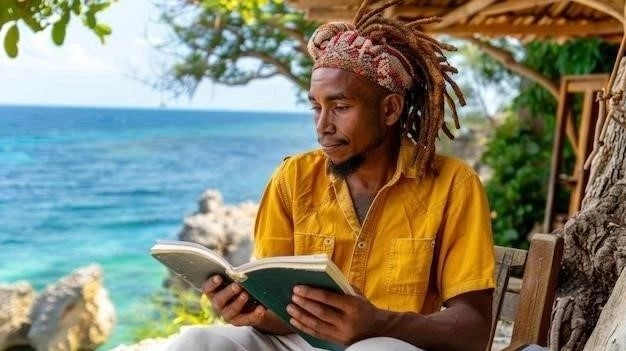
- Always confirm travel routes and schedules in advance, as they can be subject to change.
- Exercise caution when traveling at night, particularly outside urban areas.
- Carry local currency for transportation fares, as credit cards are not widely accepted.
Health and Safety Precautions
Prioritizing your health and safety while traveling in Liberia is paramount. Taking necessary precautions and staying informed about potential risks will contribute to a safe and enjoyable journey.
Vaccinations and Health Recommendations:
- Consult your healthcare provider regarding recommended vaccinations at least 4-6 weeks before your trip. Routine vaccinations, including Hepatitis A and B, Typhoid, and Yellow Fever, are generally advised.
- A Yellow Fever vaccination certificate is mandatory for entry into Liberia.
- Carry a well-stocked first-aid kit containing essential medications, insect repellent, sunscreen, and rehydration salts.
- Drink bottled or purified water and consume food from reputable sources to prevent gastrointestinal issues.
- Practice mosquito bite prevention measures, such as using insect repellent, wearing long-sleeved clothing, and sleeping under insecticide-treated nets, to minimize the risk of malaria.
Safety Precautions:
- Exercise vigilance and be aware of your surroundings, particularly in crowded areas and at night.
- Avoid displaying expensive jewelry or large sums of cash.
- Use reliable transportation options and avoid traveling alone, especially at night.
- Keep a copy of your passport, visa, and other important documents separate from the originals.
- Register your travel plans with your embassy or consulate in Liberia, enabling them to assist you in case of emergencies.
- Stay informed about local news and weather updates.
Medical Emergencies:
Medical facilities in Liberia may be limited, especially outside Monrovia. In case of serious emergencies, medical evacuation to neighboring countries may be necessary. Ensure you have comprehensive travel insurance that covers medical expenses, including evacuation.
Accommodation Options in Liberia
Liberia offers a range of accommodation options, catering to diverse budgets and preferences. While luxury hotels are primarily concentrated in Monrovia, you’ll find more modest guesthouses and lodges scattered throughout the country. Advance bookings are highly recommended, especially during peak travel seasons.
Hotels:
Monrovia boasts a selection of international-standard hotels offering amenities like comfortable rooms, restaurants, swimming pools, and business centers. These establishments cater primarily to business travelers and tourists seeking upscale accommodations.
Guesthouses:
For budget-conscious travelers, guesthouses provide a more affordable alternative. While amenities may be basic, they offer an opportunity to experience local hospitality and interact with residents.
Lodges:
If you’re venturing beyond the capital city, consider staying in lodges, particularly near national parks or eco-tourism destinations. These establishments often blend seamlessly with the natural surroundings and offer unique experiences, such as wildlife viewing opportunities.
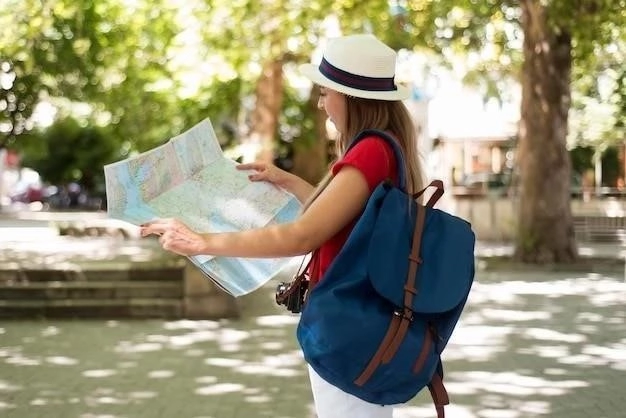
Beach Resorts:
Liberia’s coastline boasts beautiful beaches, and a few resorts have emerged to cater to beachgoers. These resorts often provide direct beach access, water sports activities, and dining options.
Important Considerations:
- Book accommodations well in advance, particularly if traveling during peak season or visiting remote areas.
- Confirm whether rates include taxes and breakfast.
- Inquire about amenities such as air conditioning, hot water, and internet access, as availability may vary.
- Consider the location and proximity to attractions or transportation hubs.
- Read reviews from previous guests to gain insights into the quality and service of accommodations.
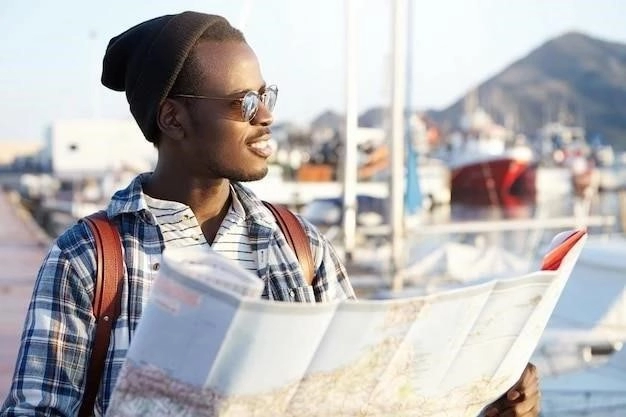
Exploring Monrovia: The Capital City
Monrovia, Liberia’s vibrant capital city, offers a compelling blend of history, culture, and urban dynamism. As the nation’s economic and cultural hub, it serves as a fascinating introduction to Liberia’s complex tapestry.
Historical Landmarks:
- Liberian National Museum: Delve into Liberia’s rich history and cultural heritage at this museum, showcasing artifacts from pre-colonial times to the present day.
- Providence Island: This small island near Monrovia holds significant historical importance as the landing site of the first freed American slaves who arrived in Liberia in 1822.
Cultural Experiences:
- Waterside Market: Immerse yourself in the sights, sounds, and aromas of this bustling market, a vibrant hub for local crafts, produce, and everyday goods.
- Traditional Performances: Experience the rhythm and energy of Liberian music and dance at cultural centers or local venues showcasing traditional performances.
Architectural Gems:
- Executive Mansion: Admire the grandeur of the official residence of the Liberian president, a stately building reflecting the nation’s architectural heritage.
- Temple of Justice: Visit this impressive building housing Liberia’s Supreme Court, a symbol of the nation’s judicial system.
Relaxation and Recreation:
- Silver Beach: Unwind on the shores of this popular beach, offering scenic ocean views and a chance to experience Monrovia’s laid-back coastal atmosphere.
- Kpatawee Waterfall: Escape the city buzz with a visit to this picturesque waterfall, located a short distance from Monrovia, offering a refreshing retreat amidst nature.
Natural Wonders: Rainforests and Beaches
Liberia’s natural landscapes are as diverse as they are captivating. From lush rainforests teeming with biodiversity to pristine beaches lining the Atlantic coast, nature enthusiasts will find ample opportunities for exploration and adventure.
Sapo National Park:
Embark on an unforgettable journey into Sapo National Park, a UNESCO World Heritage Site and Liberia’s largest protected area. Home to a remarkable array of flora and fauna, including pygmy hippos, chimpanzees, forest elephants, and over 125 bird species, Sapo offers a glimpse into Liberia’s untamed wilderness. Guided treks and wildlife viewing excursions provide immersive experiences within this ecological treasure.
Mount Nimba Strict Nature Reserve:
Straddling the border of Liberia, Guinea, and Côte d’Ivoire, Mount Nimba Strict Nature Reserve is another UNESCO World Heritage Site renowned for its exceptional biodiversity. This reserve protects a unique montane ecosystem with endemic species, including the viviparous toad and the Nimba otter shrew. Hiking trails lead to breathtaking vistas and opportunities to observe rare flora and fauna.
Liberia’s Coastline:
Beyond its rainforests, Liberia boasts a picturesque coastline adorned with palm-fringed beaches and inviting waters. Robertsport, a charming coastal town, is renowned for its world-class surfing waves, attracting enthusiasts from across the globe. Other idyllic beaches, such as Golden Beach and Libassa Beach, offer tranquil escapes for swimming, sunbathing, and enjoying fresh seafood.
Cultural Experiences and Historical Sites
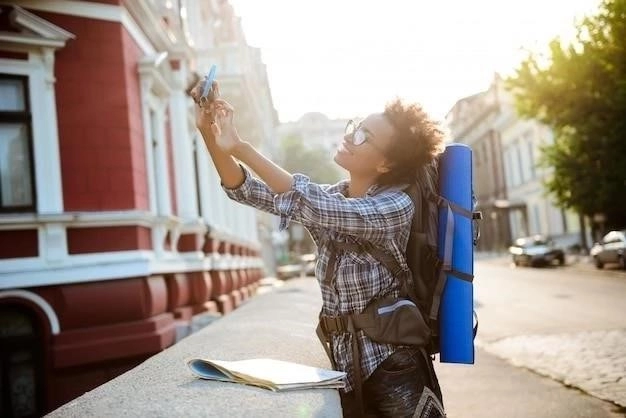
Liberia’s cultural landscape is a vibrant tapestry woven from indigenous traditions, the legacy of the transatlantic slave trade, and the influences of its Americo-Liberian heritage. Immersing yourself in Liberian culture unveils a rich history and the warmth of its people.
Traditional Villages:
Venture beyond the urban centers to experience the authenticity of traditional Liberian villages. Engage with local communities, witness age-old customs, and gain insights into their way of life. Respectful interactions and a genuine interest in their culture will be warmly welcomed.
Masks and Artifacts:
Liberian masks hold significant cultural and spiritual importance, representing spirits, ancestors, or mythical beings. Explore local craft markets or visit the Liberian National Museum to admire the intricate craftsmanship of these masks and other traditional artifacts.
Music and Dance:
Music and dance are integral to Liberian culture, expressing joy, sorrow, and the rhythms of daily life. Seek out traditional performances featuring energetic dances, rhythmic drumming, and soulful melodies. Allow yourself to be captivated by the vibrancy of Liberian musical heritage.
Historical Sites:
- Fort Dunston: This former slave trading post, now in ruins, stands as a poignant reminder of the transatlantic slave trade’s dark history.
- Harper, Maryland County: Explore the historical buildings and remnants of Liberia’s early settlements established by freed American slaves.
Engaging respectfully with Liberian culture and delving into its historical narratives provides a deeper understanding of this resilient nation.
Liberian Cuisine and Dining
Liberian cuisine is a delightful fusion of West African flavors, drawing influences from indigenous ingredients and the culinary traditions of its diverse cultural heritage. Prepare your taste buds for a tantalizing culinary journey.
Staple Foods:
Rice and cassava are the cornerstones of Liberian cuisine, often accompanying soups, stews, and sauces. Fufu, a dough-like dish made from pounded cassava, plantains, or other starchy vegetables, is a beloved accompaniment to flavorful soups and stews.
Flavors and Spices:
Palm oil, a staple ingredient in West African cooking, lends its rich, earthy flavor to many Liberian dishes. Peppers, chilies, ginger, and a variety of spices infuse dishes with warmth and complexity.
Popular Dishes:
- Palm Butter Soup: A rich and creamy soup made with palm oil, meat or fish, and vegetables, often seasoned with peanuts or bitter leaf.
- Jollof Rice: A flavorful rice dish cooked in a tomato-based sauce with spices, vegetables, and meat or fish.
- Cassava Leaf: A hearty stew made with cassava leaves, meat or fish, and often seasoned with smoked fish or shrimp.
- Grilled Fish: Freshly caught fish, seasoned simply with salt and pepper and grilled over charcoal, is a popular street food and a delicious way to sample Liberia’s coastal bounty.
Dining Experiences:
From street food stalls offering flavorful snacks to more formal restaurants, Monrovia provides a range of dining options. For an authentic local experience, venture into local markets or seek out “cook shops,” informal eateries serving traditional Liberian dishes.

